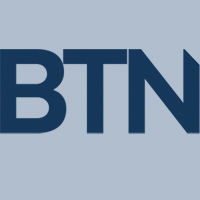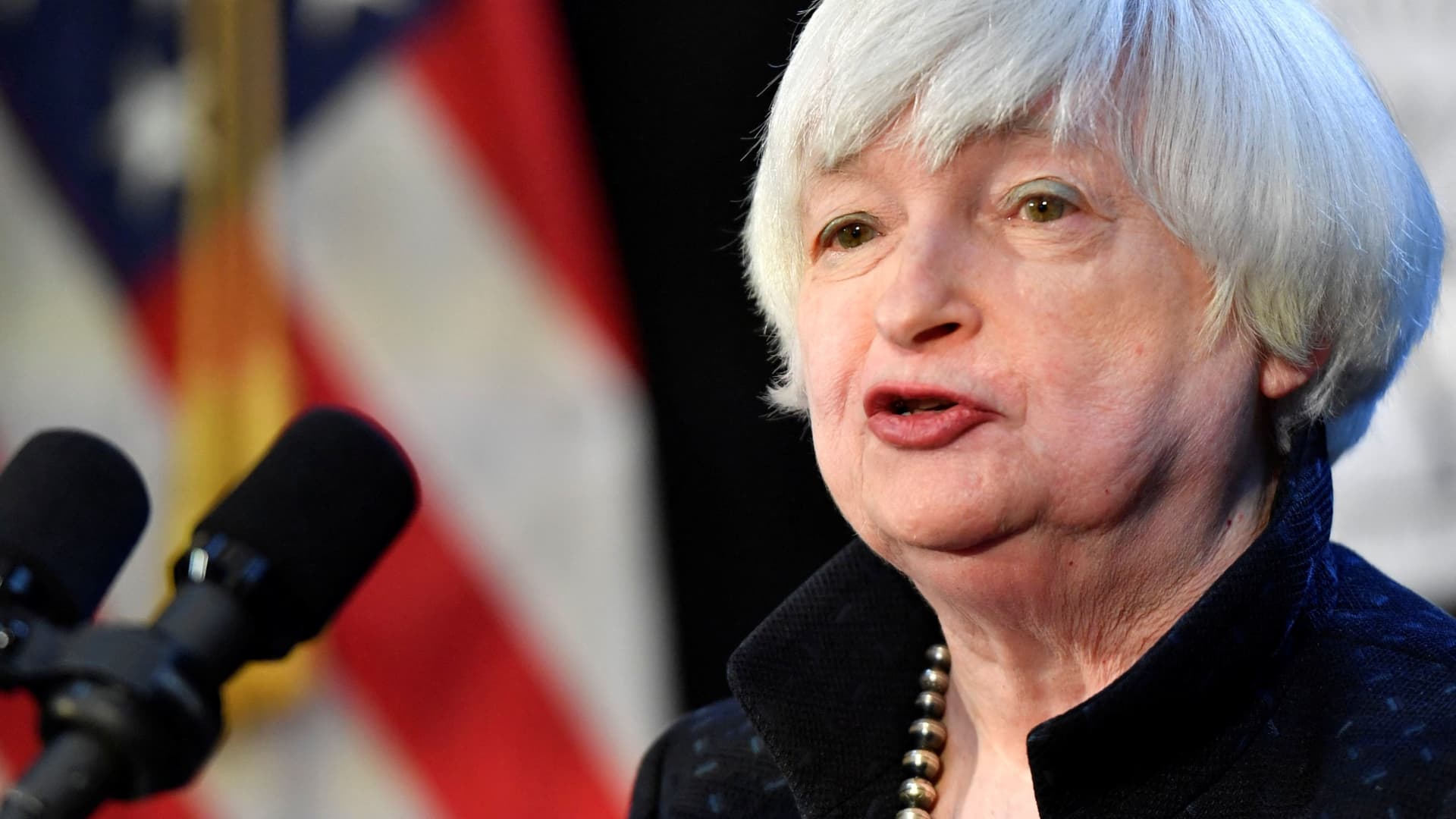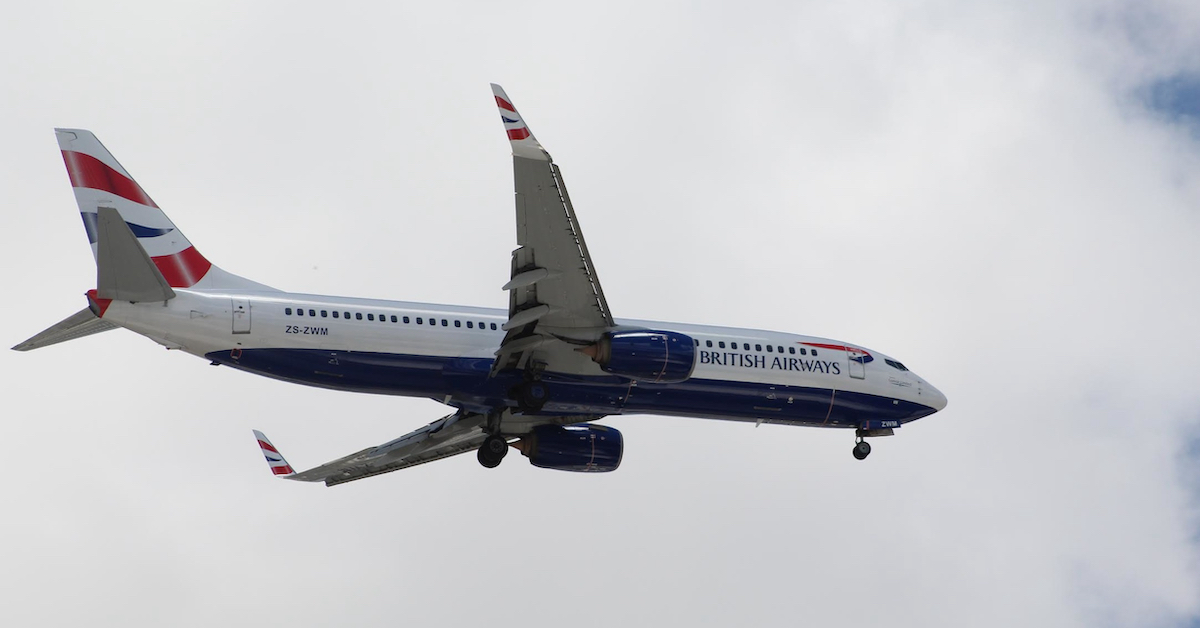U.S. Travel Industry Intensifies Push to End Inbound Testing Requirement
The U.S. Department of Commerce this week published its strategy to boost international travel to the United States, but several travel industry leaders noted it does not address the biggest current barrier to inbound international travel: the pre-arrival Covid-19...

The U.S. Department of Commerce this week published its strategy to boost international travel to the United States, but several travel industry leaders noted it does not address the biggest current barrier to inbound international travel: the pre-arrival Covid-19 testing requirement.
The National Travel and Tourism Strategy, led by Commerce Secretary Gina Raimondo, has established a five-year goal of attracting 90 million annual visitors to the United States by 2027, which will translate to $279 billion in annual revenues for the industry. That would be an increase of more than 10 million annual visitors compared with pre-Covid-19 levels in 2019.
To reach those levels, the strategy sets out several long-term goals, including a marketing push that also targets rural and historically underrepresented communities and bolstering processes and technologies that make border entry easier, such as biometric identification technology and mobile identification. The strategy also calls for improving sustainability practices within the travel industry, building "a travel and tourism sector that is more resilient, sustainable and equitable."
U.S. Travel Association president and CEO Roger Dow, upon that strategy's release, in a statement said he applauded the "ambitious goal" of 90 million visitors by 2027, but he said the first step should be repeal of the testing requirement. "More than 40 nations have safely removed their pre-departure testing requirement, and a recent survey found that 54 percent of international travelers were less likely to visit the U.S. with the requirement still in place," according to Dow.
Travel industry groups for several months have been pushing for an end to the testing requirement, but that push is reaching a crescendo as other nations, particularly the U.K. and several European countries, already have done the same. At a Wall Street conference last week, American Airlines CEO Robert Isom said he had recently urged political leaders to drop the "nonsensical" requirement, noting that it was slowing recovery and that three-quarters of the countries the carrier serves no longer has testing requirements, as was reported by Reuters.
The Global Business Travel Association this week is conducting its annual U.S. Legislative Summit in Washington, and it is pushing legislators "to immediately end" the testing requirement, executive director Suzanne Neufang said in a blog post on Tuesday. The requirement is affecting outbound as well as inbound international travel, she said.
"U.S. travel restrictions are impacting one’s willingness to travel because of the chance of not being able to return to the U.S. at the end of a business trip or vacation," according to Neufang. "It's also affecting where and when international meetings and conferences are held—and whether the U.S. is in the consideration set."
Neufang on Tuesday delivered that message in testimony to the U.S. Senate subcommittee on tourism, trade and export promotions, noting that "in a January GBTA survey, 43 percent of respondents said the single biggest barrier to resuming business travel was government policies that restrict travel or make it difficult."
On Tuesday, a coalition of 38 mayors of U.S. cities—including New York's Eric Adams, Houston's Sylvester Turner, San Francisco's London Breed and Denver's Michael Hancock—sent a letter to White House Covid-19 response coordinator Ashish Jha to urge removal of the requirement. "American cities are still struggling to regain international visitors after more than two years of pandemic-related restrictions," the mayors said in their letter. "Our constituents and our businesses suffered greatly from this steep decline in international travel spending, and they cannot fully recover until this vital sector of the U.S. economy rebounds."
Hotel CEOs speaking this week at the NYU International Hospitality Investment Conference in New York also weighed in on the issue, some dismissing the broad-based plan as “absurd” and meaningless in face of continued entry restrictions for travelers.
“You have to take the friction out of travel. And for international travel to the U.S., Covid testing is at the top of the list,” said IHG Hotels & Resorts CEO Bill Barr, adding that he had to walk his own parents through the process of navigating both airline requirements and government requirements after they recently visited him in the U.K.. “It’s just harder,” he said.
Marriott CEO Tony Capuano said despite improved demand for hotel rooms globally, continued international restrictions had materially hampered Marriott’s recovery.
“I’m sure my colleagues’ numbers are similar,” he said, “but pre-Covid, almost 20 percent of our room nights globally were cross-border travel. It’s been coming back, but we’re only at 14 percent now, so there is still meaningful upside. The irony is that even the countries that locked down most aggressively—Australia, New Zealand, Cayman Islands—are all wide open now, and you still have testing requirements coming into the U.S."
Hilton CEO Christopher Nassetta was the most generous regarding the commerce secretary’s travel and tourism strategy announcement, noting that he sits on a committee that considers these policy issues.
“I think Secretary Raimondo deserves a lot of credit. She’s very thoughtful about travel issues, and while [the National Travel and Tourism Strategy] are just goals and don’t have a lot of teeth, I think she’s very serious about building a program around it,” Nassetta said. “Having a very serious strategy and having legislation and policy that really addresses it is critically important.” Asked whether the secretary and policy group were agitating to lift Covid testing for international travelers to the U.S., Nassetta replied, “We’re trying.”
Besides ending the testing requirement, Dow also urged the federal government to address a growing wait time for visas to enter the U.S. "Average wait times for visa appointments have also soared to more than a year in some of our top source markets, which prevents millions of people from visiting," he said.
– Elizabeth West contributed to this report

 Aliver
Aliver 




























.jpg&h=630&w=1200&q=100&v=f776164e2b&c=1)


